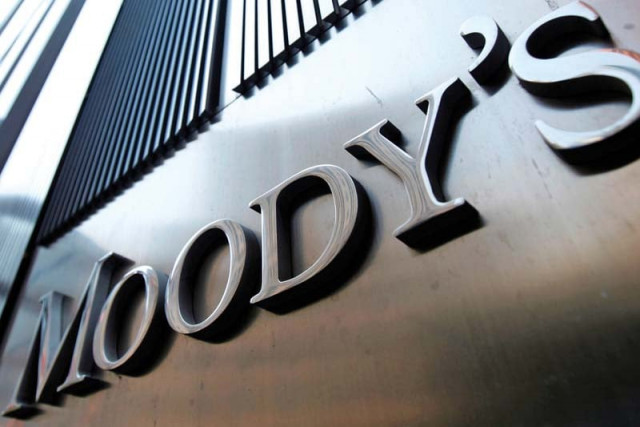For PTI, walk on tightrope ahead, suggests Moody's
It says plan to increase social spending and reduce tax amid need for tighter monetary and fiscal policies will clash

Credit rating agency says plan to increase social spending and reduce tax amid need for tighter monetary and fiscal policies will clash. PHOTO: REUTERS
In its note on Pakistan's general elections, Moody's, one of top three credit rating agencies, has cautioned that some tough policy decisions may be delayed due to implementation of election manifesto of the government-in-waiting.
Moody's has termed "heightened external vulnerability" a key challenge for the new government. "Possible policy options would include monetary and fiscal policy tightening, further exchange rate depreciation and turning to the IMF for external financing," it added.
The New York-based agency also warned about the risks that may further delay policy tightening and reduction in budget deficit. "The implementation of such measures may face delays as PTI's election pledge also includes increasing social spending, reducing taxes - as part of tax reform plans - and lowering energy costs."
It said that the new government may have to turn to the International Monetary Fund (IMF) to overcome these challenges. Asad Umar, the man tipped to lead the finance ministry, has already hinted at the IMF option.
Pakistan’s external financing risks piling on: Fitch Ratings
It is widely expected that the IMF will also ask for a steep cut in expenditures, increase in interest rates and further devaluation of the rupee against the US dollar. The rupee has already shed its value by close to 22% against the US dollar since December 2017.
The PTI government will also face a challenge in the upper house of parliament where it does not enjoy a majority. It may have to reach a compromise with opposition parties in order to introduce legislation.
Pakistan faces an immediate challenge to arrange around $11 billion in order to meet the external financing gap in the ongoing fiscal year.
Pakistan booked its highest current account deficit of $18 billion in the last fiscal year, which was equal to 5.8% of gross domestic product (GDP). The Ministry of Finance has not yet officially released the budget deficit figures, but provisional estimates suggest the deficit would remain close to 7% of GDP or Rs2.4 trillion.
Both the budget deficit and current account deficit have reached unsustainable levels, which Pakistan cannot afford due to low level of official foreign currency reserves at $9 billion and low tax-to-GDP ratio, standing at only 11.1% by the end of 2017-18.
Moody’s downgrades Pakistan’s rating outlook to negative
PTI's plan to lower the number of taxes and their rates to improve the country's competitiveness will make it difficult to achieve fiscal consolidation in its initial years. The party also plans to lower the cost of doing business by decreasing energy cost.
Moody's said that in the longer term, Pakistan's credit challenges include the country's very low global competitiveness; institutional weaknesses relating to governance, rule of law and control of corruption; and a narrow tax base.
"We expect the ongoing implementation of the China-Pakistan Economic Corridor to drive improvements in power supply and infrastructure, which should raise economic competitiveness and boost industrial activity over time."
The credit rating agency said that the anti-corruption platform that PTI contested on has the potential to address some long-standing institutional weaknesses, although measures to improve governance and reduce corruption will be challenging for any new government to implement.
"We think the narrowness of the country's tax base will remain a key challenge for the new government."



















COMMENTS
Comments are moderated and generally will be posted if they are on-topic and not abusive.
For more information, please see our Comments FAQ